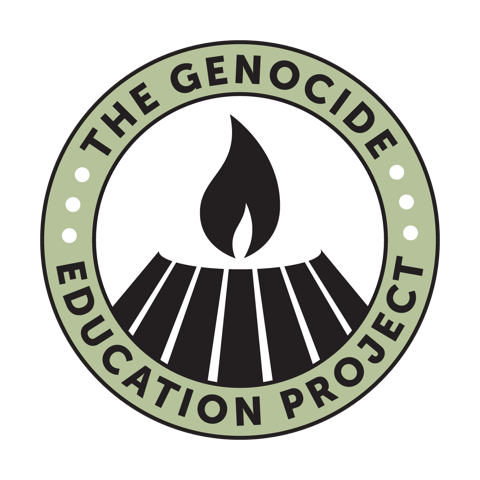April is Genocide Awareness Month
Teach about genocide using our new instructional unit
Stages of Genocide: A Toolkit for Educators
The Genocide Education Project, in partnership with Woven Teaching, offers a new resource for high school social studies educators: Stages of Genocide: A Toolkit for Educators – an instructional guide and lesson plans for teaching about genocide and its common stages, using the histories of six case studies:
• Armenian
• Cambodian
• Guatemalan
• Holocaust
• Native American
• Rwandan
Studying genocide is a critical part of a student’s understanding of both history and of current events. Based on the “Ten Stages of Genocide” framework describing how societies engage in genocide, this interactive lesson plan provides an opportunity to explore multiple instances of mass atrocity, while recognizing their commonalities and differences, and encouraging reflection and discussion of personal and institutional responsibility, connecting these historical events to current events and to students’ lives.
Stages of Genocide: A Toolkit for Educators guides educators in setting up student groups to carry out team projects related to comparative evaluations of the six genocide case studies. The toolkit includes the readings on genocide and the historical summaries as well as student handouts, project instructions, group norms, roles, evaluations, key terms, and graphic organizer.
You can download the free lesson, Stages of Genocide, here.
In coordination with Classrooms Without Borders, GenEd and Woven Teaching will provide a workshop based on this new toolkit. The webinar will Monday, April 19th at 6:30-8:30 pm ET and registration is now open.


